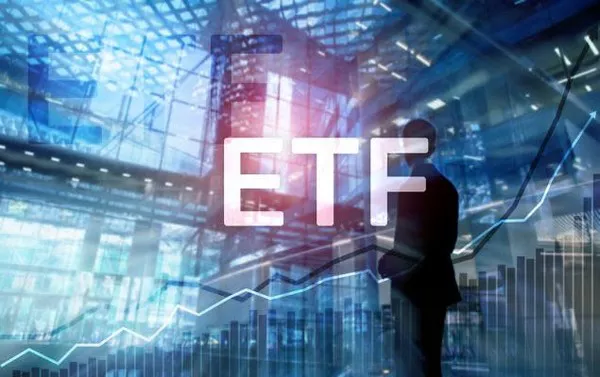Asian markets displayed weakness on Monday as concerns surrounding the Israel-Hamas conflict continued to weigh on investor sentiment. The Nikkei index in Japan led the losses, as market participants remained cautious ahead of crucial inflation data later this week.
Tensions Escalate in the Middle East
Amidst the backdrop of the Israel-Hamas conflict, investors across Asia kept a watchful eye on the situation. Apprehensions persisted about a potential spill-over of the conflict into the broader Middle East region as Israel prepared for a ground assault on the Gaza Strip. U.S. Secretary of State Antony Blinken, however, assured that Arab states were not in favor of such a spill-over.
Despite these reassurances, risk appetite remained subdued. Investors also grappled with concerns over rising U.S. interest rates following a stronger-than-expected inflation reading last week.
Nikkei Tumbles Amid Profit-Taking and Tech Woes
Japan’s Nikkei 225 was the hardest-hit among its regional counterparts, declining by 1.9%. Tech stocks faced the most significant selling pressure. The Nikkei had experienced a strong rally the previous week, driven by expectations of a dovish stance from the Bank of Japan and the relative strength of Japanese companies, which attracted a flurry of foreign investors.
However, with worsening risk appetite, investors opted to lock in recent profits, with the technology sector taking the brunt of the sell-off. Concerns about higher U.S. interest rates further weighed on market sentiment. Market participants remained cautious ahead of the release of key inflation data for September later this week, as any signs of persistent inflation could give the Bank of Japan further impetus to tighten its policy.
Broader Asian Markets Retreat
Other major Asian markets also experienced declines. South Korea’s KOSPI fell by 1%, while Australia’s ASX 200 slipped by 0.2%. Futures for India’s Nifty 50 index pointed to a positive opening, particularly after data from the previous week showed a decrease in consumer inflation in September. Investors were also awaiting wholesale inflation data from India, set to be released later on Monday.
Chinese Markets Subdued as Attention Shifts to GDP and Rate Decisions
In China, both the Shanghai Shenzhen CSI 300 and the Shanghai Composite indexes recorded losses of 0.6% and 0.4%, respectively. Meanwhile, Hong Kong’s Hang Seng index dipped by 0.1%. Investor sentiment toward China remained uncertain as they awaited the release of third-quarter gross domestic product (GDP) data later in the week, which is anticipated to reveal ongoing economic weakness.
The People’s Bank of China (PBOC) is expected to decide on its key loan prime rates later this week, although a change seems likely after the PBOC maintained its medium-term loan rates unchanged. State media indicated that further rate cuts by the PBOC were still a possibility this year, considering the substantial slowdown in economic growth despite the lifting of anti-COVID measures. Business activity data released earlier in October also painted a bleak picture of Asia’s largest economy.


